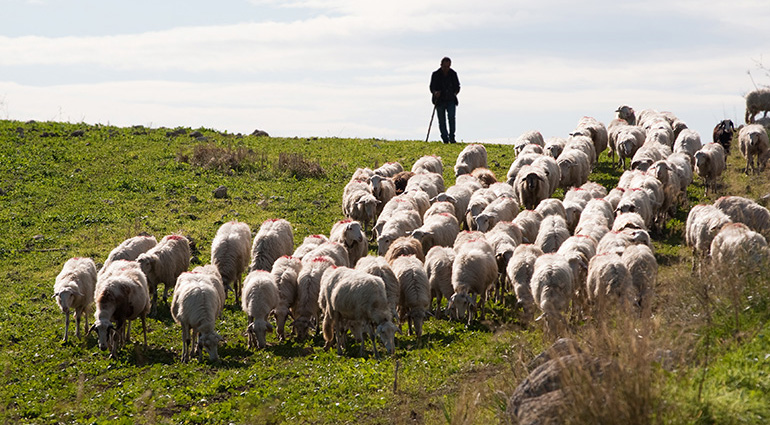For decades the renowned Brooklyn Tabernacle Choir has blessed multitudes through their soul-refreshing gospel songs. One example is their recording from Psalm 121 titled “My Help.”
Psalm 121 begins with a personal confession of faith in the Lord who brought all things into existence, and He was the source of the psalmist’s help (vv. 1–2). Just what did this mean? Stability (v. 3), around-the-clock care (vv. 3–4), constant presence and protection (vv. 5–6), and preservation from all kinds of evil for time and eternity (vv. 7–8).
Taking their cues from Scripture, God’s people through the ages have identified the Lord as their source of “help” through their songs. My own worship experience includes lifting my voice with others who sang a soulful rendition of Charles Wesley’s, “Father, I stretch my hands to Thee, no other help I know; if Thou withdraw Thyself from me, ah! whither shall I go.” The great reformer Martin Luther got it right when he penned the words, “A mighty fortress is our God, a bulwark never failing; our helper He amid the flood of mortal ills prevailing.”
Do you feel alone, forsaken, abandoned, confused? Ponder the lyrics of Psalm 121. Allow these words to fill your soul with faith and courage. You’re not alone, so don’t try to do life on your own. Rather, rejoice in the earthly and eternal care of God as demonstrated in the life, death, resurrection, and ascension of the Lord Jesus Christ. And whatever the next steps, take them with His help.
Father, how grateful we are that Scripture and song remind us that You are our source of help. Help me to not forget that this day.
All male Jews were to come to the temple to observe three annual feasts (Deuteronomy 16:16). As the pilgrims made their way up the highlands where Jerusalem is located, they sang from a collection of songs known as the “pilgrim psalms” (Psalms 120–134). The Hebrew title marks these psalms as “songs of ascents.” Psalm 121, the second of the pilgrim psalms, has been called “The Traveler’s Psalm.” The psalmist addresses our need for safety and protection as we journey through life, assuring us that our God will help us and keep us safe. In Psalm 124, David continues this same theme, deliberating the possible disastrous outcomes “if the Lord had not been on our side” (vv. 1–2). Undeniably, if God does not help us, we will not survive! (vv. 3–5). Concluding his deliberations, David assures us that God has not abandoned us. God is our defender and deliverer. With confidence we can say, “My help comes from the Lord, the Maker of heaven and earth” (121:2).
How does Psalm 121 help you when you feel threatened by life’s journey?
Sim Kay Tee











